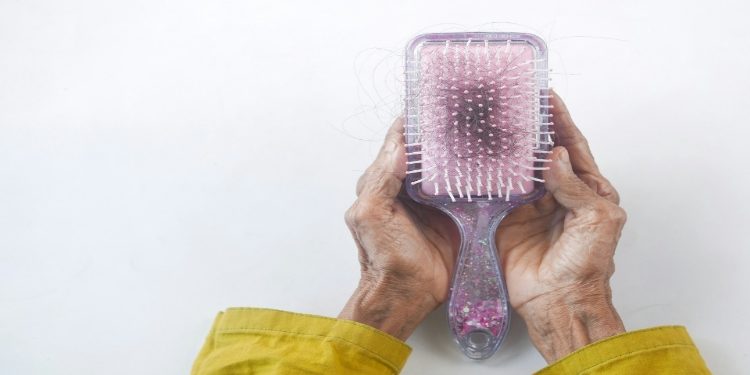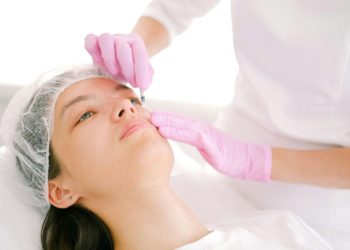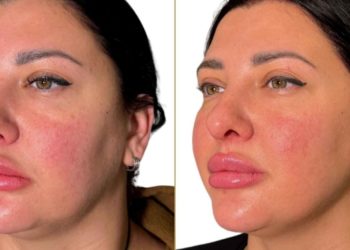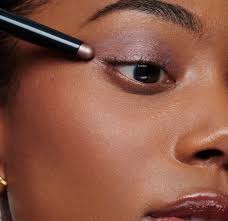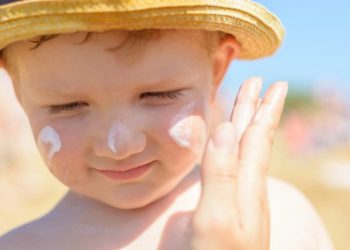
Introduction
When we think about hair loss, genetics often come to mind as the primary culprit. It’s true that hereditary factors play a significant role in balding, but they don’t tell the whole story. Recent research reveals that various environmental and lifestyle factors can also heavily influence the health of our hair. From the air we breathe to the way we handle stress, multiple non-genetic elements are contributing to increasing cases of hair thinning and loss worldwide. This article delves into these often-overlooked factors, shedding light on how our surroundings and daily choices do more than just affect our hair—they can fundamentally change its growth and retention. By understanding these influences, we can take proactive steps to protect and enhance our hair health beyond what our genes dictate.
When we think about hair loss, genetics often come to mind as the primary culprit. It’s true that hereditary factors play a significant role in balding, but they don’t tell the whole story. Recent research reveals that various environmental and lifestyle factors can also heavily influence the health of our hair. From the air we breathe to the way we handle stress, multiple non-genetic elements are contributing to increasing cases of hair thinning and loss worldwide. This article delves into these often-overlooked factors, shedding light on how our surroundings and daily choices do more than just affect our hair—they can fundamentally change its growth and retention. In exploring how external factors like pollution, diet, and personal care routines can significantly impact hair health, we aim to provide a clearer picture and practical strategies for those seeking solutions beyond genetic predispositions. Understanding these influences allows us to take proactive steps to protect and enhance our hair health, challenging the inevitability of genetic destiny with actionable knowledge and effective treatments.
Environmental Factors
Environmental influences on hair health are often underestimated. A primary concern is air pollution; microscopic particulates from car exhausts, industrial emissions, and smoke can settle on the scalp and hair, leading to inflammation and weakened hair follicles. Another critical environmental factor is water quality. Hard water, high in calcium and magnesium, can leave mineral deposits on the scalp that clog hair follicles and inhibit growth. Additionally, extreme weather conditions pose their own threats. Prolonged exposure to UV rays from the sun can damage the hair cuticle, the outermost layer of the hair shaft, leading to brittleness and breakage. Similarly, excessive humidity can affect the structure of the hair, causing it to become frizzy and more susceptible to damage. By understanding these environmental threats, individuals can take specific measures, such as using protective hair products and installing water filters, to mitigate their impact and preserve hair health.
Lifestyle Factors
Lifestyle choices play a critical role in the health of our hair, often as significantly as genetic predispositions. Nutritional deficiencies are a primary concern; insufficient intake of proteins, vitamins, and minerals like iron and zinc can starve hair follicles of the necessary nutrients, leading to hair loss. Stress is another major factor; it can trigger a condition known as telogen effluvium, where more hairs enter the resting phase and fall out more easily. Furthermore, the importance of adequate sleep cannot be overstated—sleep deprivation can disrupt hormone levels, including those critical for hair growth and health. Additionally, hair care practices significantly impact hair health. Over-styling, excessive use of heat tools, and harsh chemical treatments can weaken the hair shaft, leading to breakage and loss. By addressing these lifestyle factors—through a balanced diet, managing stress, ensuring sufficient sleep, and adopting gentler hair care routines—individuals can significantly improve the condition and retention of their hair, combating the effects of non-genetic contributors to hair loss.
Preventative Measures and Solutions
Addressing hair loss effectively requires a combination of environmental protections, lifestyle adjustments, and proactive hair care solutions. To shield the hair from environmental stressors, using protective styling products and accessories can mitigate damage from UV exposure and pollution. Additionally, installing a shower filter can help reduce the harmful effects of hard water on your hair.
Nutrition also plays a pivotal role in hair health. A balanced diet rich in proteins, vitamins, and essential minerals like iron and zinc supports the hair growth cycle. Supplements can be introduced to fill any nutritional gaps that might affect hair health.
Managing stress is crucial, as it can lead to conditions like telogen effluvium, where hair falls out prematurely. Techniques such as mindfulness, regular exercise, and adequate rest can help maintain hormonal balance and support healthy hair growth.
Regarding hair care, minimizing heat styling and harsh chemical treatments preserves hair strength and vitality. Using gentle, sulfate-free shampoos and conditioners can prevent scalp irritation and moisture loss. Additionally, incorporating specialized products like anti-hair loss lotion can further protect and enhance hair growth by nourishing the scalp and strengthening the hair follicles.
Incorporating targeted treatments such as anti hair loss lotion into your hair care routine can nourish the scalp and fortify hair, complementing a holistic approach that includes nutritional support, stress management, and protective styling practices.
By integrating these preventative measures into daily routines, individuals can significantly improve their hair’s health and resilience, reducing the impact of hair loss over time.
Conclusion
In conclusion, while genetics undeniably play a pivotal role in hair loss, our environment and lifestyle choices are equally influential. The journey to understanding and combating hair thinning extends far beyond our genetic makeup, reaching into the very air we breathe and the daily choices we make. By recognizing and adjusting these environmental and lifestyle factors, individuals can take significant strides in protecting and enhancing their hair health.
Adopting a proactive approach towards hair care—by improving dietary habits, managing stress, ensuring sufficient sleep, and choosing the right hair care products—can mitigate the effects of these external factors. Simple changes, like installing a water filter or opting for natural styling products, can also make a profound difference. Most importantly, incorporating targeted treatments such as anti-hair loss lotions can further reinforce hair strength and prevent future loss.
David Prior
David Prior is the editor of Today News, responsible for the overall editorial strategy. He is an NCTJ-qualified journalist with over 20 years’ experience, and is also editor of the award-winning hyperlocal news title Altrincham Today. His LinkedIn profile is here.






















































